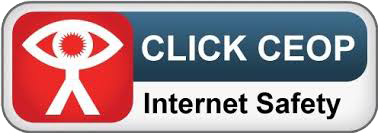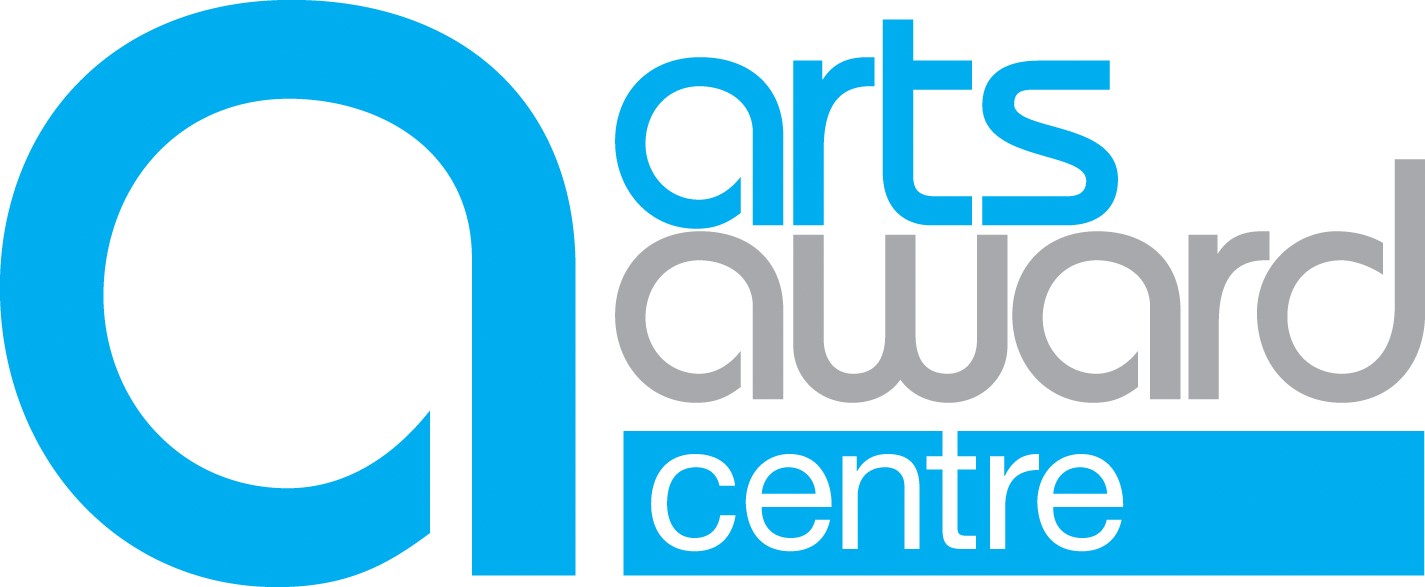Mrs Osei-Bempong
Email: sos@ifieldcc.co.uk
Grade 5 in GCSE English (Language or iterature and
Grade 5 in GCSE Mathematics
This course allows you to develop an in-depth understanding about the impact economics has on the world around you and the business world. Moreover, you have the opportunity to investigate some of the economics stories you hear on the news – Why do some economies grow and others don’t? Why didn’t economists predict the supply issues facing almost all major economies post pandemic? This course will help you to understand all these and more.
There are 4 main themes as summarised below:
Theme 1: How markets work and what happens when they don’t work so well. You will also learn about enterprise in the economy
Theme 2: The role of banks and life in a global economy.
Theme 3: Globalisation and global issues impacting on the economy.
Theme 4: Financial markets, globalisation on consumers, firms and the labour market, the role of the government and the role and impact of the financial sector
Exam Information:
Duration: 2 years
Exam Board: Pearson
You will study 4 themes and sit 3 exams at the end of the course.
Paper 1: You will tackle data response and essay questions on markets, consumers and firms and how markets work – this is the content you study in Theme 1 and Theme 4.
Paper 2: You will tackle data response and essay questions on competitive advantage and the global economy – this is the content you study in Theme 2 and Theme 3.
Paper 3: You will have a research task before the exam. The questions in the exam dwells on data response and essay questions linked to the context you will research.
Qualification Gained:
A Level – Economics (B)
Career Opportunities:
Economics prepares you for progression to further study or the world of work.
You will have developed data handling and writing skills which are transferable to both university and employment. You might want to study a degree in Economics, Business Economics, Econometrics, International Business or a Business and Management degree. You might progress to a career in banking, commerce, the civil service, product management or general management.
Subject Links:
Applied Law, IT, Accounting, English Literature, Sociology, Geography, Statistics and Maths as well as Extended Project Qualification (EPQ)






